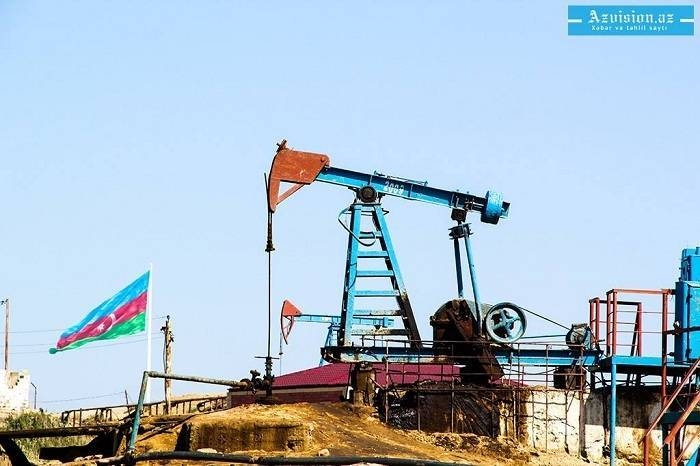Brent crude oil futures for May delivery rose by 62 cents, or 2.3%, to $27.65 a barrel by 0346 GMT while West Texas Intermediate (WTI) crude futures gained 76 cents, or 3.3%, to $24.12. Both price benchmarks had risen over $1 earlier before pulling back slightly.
“Oil is clawing its way higher mainly on the back of the weaker dollar that stemmed from the Fed’s unprecedented measures,” said Edward Moya, senior market analyst at broker OANDA.
“WTI crude volatility will remain high and traders should not be surprised if this rally eventually gets faded.”
The U.S. Federal Reserve on Monday rolled out an extraordinary array of programs to backstop an economy reeling from restrictions on commerce that scientists say are needed to slow the coronavirus pandemic.
While a $2 trillion coronavirus economic stimulus package remained stalled in the U.S. Senate on Monday as lawmakers haggled over its provisions, U.S. Treasury Secretary Steven Mnuchin voiced confidence that a deal would be reached soon.
The expected stimulus pushed the U.S. dollar lower as it will increase the cash supply. The dollar index, which measures the greenback against six major currencies, fell 0.5% on Tuesday.
A weaker greenback boosts dollar-denominated oil prices since buyers paying in other currencies will pay less for their crude.
Still, the overall crude demand outlook remains low as long as travel restrictions are in place and governments curtail commercial activities to prevent the coronavirus spread.
Prices and profit margins for motor and aviation fuels globally are under severe pressure from a plunge in demand as countries enforce lockdowns and airlines ground planes, forcing more refineries to reduce output and lower their crude oil demand.
Concerns over oil demand were also stoked by a doubling of new coronavirus cases in China, the world’s biggest oil importer, caused by a jump in infected travelers returning home from overseas. That is raising the risk of transmissions in Chinese cities and provinces that had seen no new infections in recent days.
“While the anticipated lengthy absence of air traffic presents a significant obstacle in its own right, ... the expected ramp in supply, which suggests storage will fill very quickly, and then prices will plummet as physical demand continues to evaporate,” said Stephen Innes, chief global markets strategist at AxiCorp.
CNBC
More about: oilprices
















































